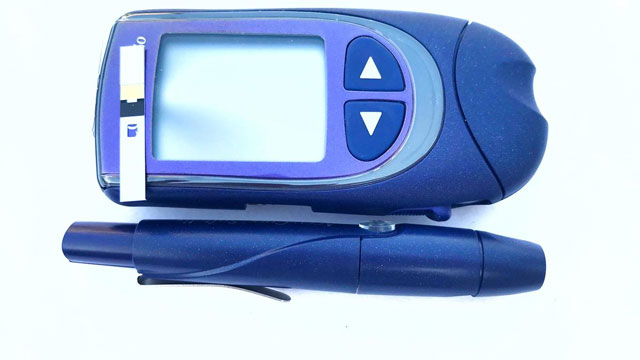Daijiworld Media Network – Mumbai
Mumbai, Nov 7: In a breakthrough that could transform diabetes care in India, researchers from IIT Bombay have identified hidden biochemical markers in the blood that can detect kidney complications in diabetic patients much earlier than current tests allow.
Published in the Journal of Proteome Research (July 2025), the study offers hope for personalised and timely interventions amid India’s growing diabetes crisis. The country has over 101 million adults with Type 2 diabetes and another 136 million with prediabetes, according to the Ministry of Health and Family Welfare. Alarmingly, one-third of these patients develop chronic kidney disease (CKD).

“Type 2 diabetes is not just about high blood sugar—it alters amino acids, fats, and other pathways. Traditional tests often miss these early changes,” said Sneha Rana, Ph.D. scholar at IIT Bombay and the study’s first author.
The research, led by Prof. Pramod Wangikar in collaboration with Osmania Medical College and Clarity Bio Systems, Pune, analysed whole blood samples from 52 individuals, including healthy controls, diabetics, and diabetic kidney disease (DKD) patients. Using advanced mass spectrometry, they scanned nearly 300 metabolites and identified 26 significant markers — some previously unknown in diabetes.
“We found molecules like valerobetaine and ribothymidine, which suggest diabetes is a far broader metabolic disorder than just glucose imbalance,” said Prof. Wangikar.
Among diabetics, two subgroups emerged — one metabolically closer to healthy individuals and another showing strong signs of stress and inflammation.
The team also discovered seven metabolites, including arabitol, myo-inositol, and ribothymidine, that progressively increased from healthy subjects to those with DKD. “Monitoring these molecules could help predict kidney complications much earlier,” said Rana.
Dr. Manisha Sahay of Osmania Medical College added, “These markers could complement existing tests like creatinine and eGFR, allowing early intervention before kidney damage begins.”
Unlike most global studies focusing on plasma, this one used whole blood, capturing a wider metabolic picture — a factor that may explain differences in markers seen in Indian patients.
“The next step is developing a simple test using dried blood spots from finger pricks,” Prof. Wangikar revealed, adding that larger trials are planned.
“With these new markers, diabetes care can move away from a one-size-fits-all model toward personalised treatment,” Rana said.